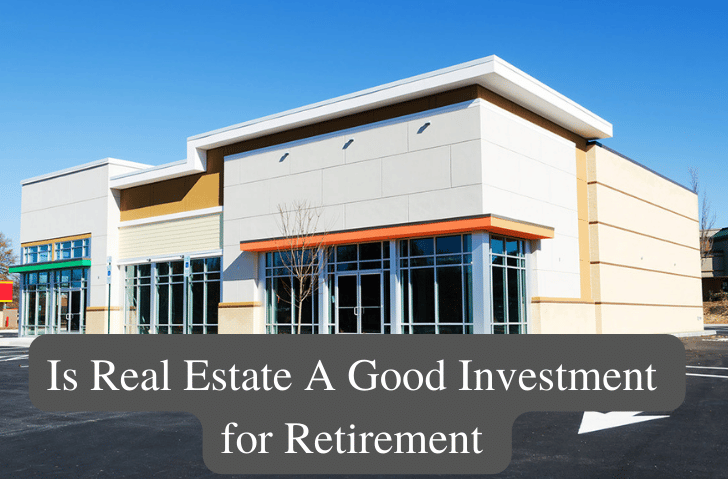So if you’re considering investing in real estate, you should know the benefits (and the downfalls).
Including real estate in your investing portfolio adds diversity to reduce your overall investment risk. And there are many ways to achieve this. Some options may be buying real estate investment trusts (REITs). Others, may be more active like buying and holding rental properties for cash flow and capital appreciation. This type require active involvement and a fair amount of knowledge to be successful.
Here are the advantages of real estate investing;
- Real estate allows you to spread out your investments across different types of properties, markets, and industries.
- Real estate has historically been a safe investment option because it tends to be less volatile than other markets such as stocks or bonds.
- You can use leverage when investing in real estate to help pay for the purchase. Leverage, when used wisely to minimize risk, is a powerful advantage of real estate investing and reduces risk!
- Real estate builds equity. When you use leverage wisely, your tenants are essentially buying the property for you. When you buy a rental property your tenant is the one paying the mortgage payment, thus increasing your net worth.
- Real estate can provide an opportunity to save you taxes. These include depreciation and significantly lower tax rates on long-term profits.
- Unlike stocks and bonds, you have control over the day to say operation of the asset. You are in the drivers seat.
When people think about investing in real estate, they often think about the advantages of owning property. The truth is that there are a few disadvantages to investing in real estate as well.
- It is important to remember that if you want to invest in real estate, you need a lot of money upfront. This means that if you do not have much money saved up for investing, then this might not be the right choice for you.
- Real estate is also not liquid. If you need to sell property, it may take some time to find a buyer.
- One of the advantages of owning real estate is control. However, that control also comes with drawbacks. Tenants, management and maintenance are not always easy to deal with.
- Real estate is a long-term investment. That means you’re going to have to be patient and wait for a return on investment. Depending on the market, that could take anywhere from one year to ten years.
So what’s the bottom line.
Active real estate investing isn’t for everyone because there are unique hurdles and risks. Real estate can be an incredibly powerful wealth creation strategy, but only if you work it right. You must learn to find, evaluate, and purchase good real estate deals in order to be successful over time.
Ready to discover more about how to invest and manage your money more wisely? Call me today so we can talk about your future.

